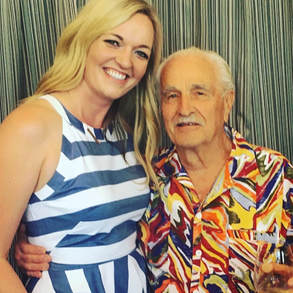 This past weekend I was in San Diego, California with my family, celebrating my paternal grandfather’s 90th birthday. If you could choose someone to aspire to be like at the age of ninety, my Grandpa Russ would be the person to be. He is active, joyful, and still traveling the world. He has now visited every continent, and just this year, he has taken trips to Greenland, Iceland, Great Britain, and the Caribbean. Russell Hage Thomas was born October 19, 1927, in San Diego. He spent his career as an aerospace engineer, working on all kinds of exciting and monumental projects over the years, mostly in the space program. His accomplishments professionally are equaled by his long list of service and non-profit projects. But more importantly, he has excelled at the roles of son, brother, husband (to my late grandmother, Dorothy), father, uncle, grandfather, and now… great grandfather. To this day, he loves to learn, and keeps his mind active with crossword puzzles, museum visits, and reading. As I reflected on the time I have spent with my grandfather, and the influence he has had on my life, I was blessed and humbled that I get to be a part of such an amazing family. I know that I have inherited some very specific traits from my grandpa, and I hope that I can live up to his incredible example. Work hard and be steady. Be consistent, and you will be rewarded. Stay thirsty for knowledge. Never let the expectations of society squash the curiosity of learning and growing. Don’t focus on what you can’t do; instead, focus on the incredible opportunities ahead. There’s a new adventure around each bend in the road of life. Cherish the times with your family and friends. In the past year, this is the second time that my entire immediate family has been together, and the beauty of those precious moments will never be lost, as long as you acknowledge the blessing. Cheers, Amy
1 Comment
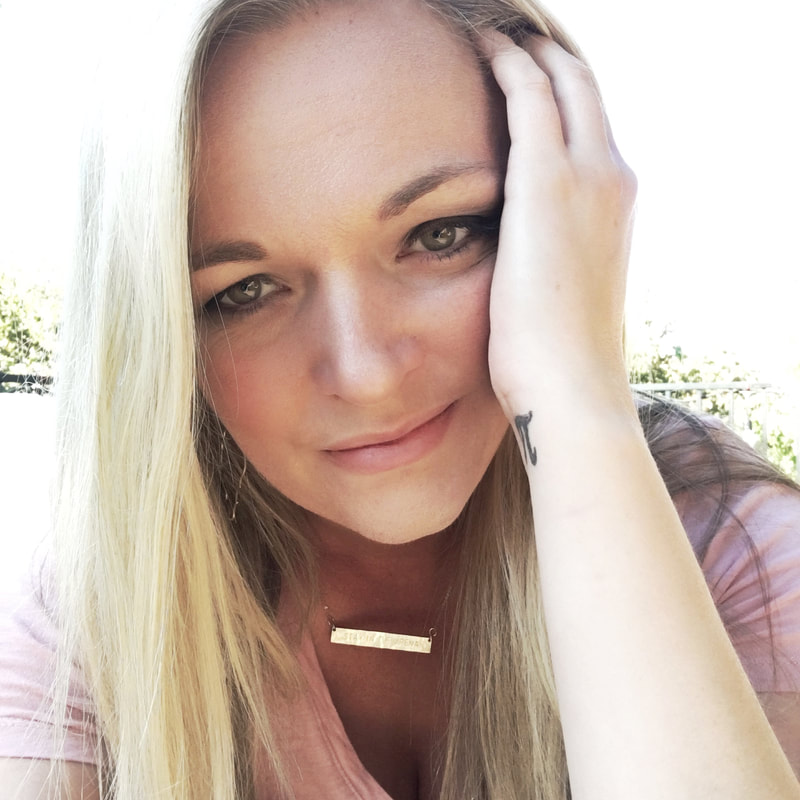 The other day, I had a conversation with a dear friend, who also suffers from hydrocephalus. As she shared with me some scary scenarios that she is dealing with in terms of her health, I was amazed by her fortitude, her upbeat attitude, and her resolve. Her doctors may not have all the answers, but she continues to do everything she can do to live and love between the madness. That energy is beautiful. It’s rare. And it inspired me to write about what the phrase “stay in the arena” means to me. This is what I see in her, and what I aspire to be— within myself. Theodore Roosevelt became the youngest president of the United States in 1901, after overcoming childhood illness and personal loss. Throughout his life, he was faced with incredible challenges, politically and otherwise. In his “The Man In the Arena” speech in 1910, he laid out the secret to winning, with absolute certainty. "It is not the critic who counts; not the man who points out how the strong man stumbles, or where the doer of deeds could have done them better. The credit belongs to the man who is actually in the arena, whose face is marred by dust and sweat and blood; who strives valiantly; who errs, who comes short again and again, because there is no effort without error and shortcoming; but who does actually strive to do the deeds; who knows great enthusiasms, the great devotions; who spends himself in a worthy cause; who at the best knows in the end the triumph of high achievement, and who at the worst, if he fails, at least fails while daring greatly, so that his place shall never be with those cold and timid souls who neither know victory nor defeat." In these iconic words, I have found that the true call to action is to be willing to stay in the arena, to be willing to fight, even when it’s difficult. In my own life, especially in the past year, I have had to remind myself of this again and again. It’s human nature to focus on the negative, walking through this life complaining and blaming. But there is incredible freedom in letting go of all of that, and simply be willing to accept the trial at hand with grace and grit. One day at a time, and sometimes one minute at a time, you move purposefully through the pain, and come out stronger on the other side. When I was diagnosed with hydrocephalus, I was seventeen years old. I was healthy. Driven. Full of dreams and promise. I had aspirations of being a professional musician, and planned to move to Austin, Texas after high school. My illness brought those plans to a screeching halt, in January of 1998. In the 18 months that followed, I had four brain surgeries, and my life path shifted significantly. Even though my hydrocephalus stabilized with the ETV surgery that I had at age 18, the dream of life as a professional fiddle player (on the road and in a different place each night) had drifted away on the river of spinal fluid that now dictated my decision making. But even so, I was reminded that I was still healthy. Driven. Full of dreams and promise. I was still the same person… I was just wiser, more experienced …and tougher. In 2012, after about 11 years without surgery, I found myself back on the operating table, with a shunt system back in my brain. In the five years since then, my hydrocephalus has been anything but stable. I’ve had 13 brain surgeries in the last five years. Some days are incredible and filled with victory, and other days are difficult and exhausting. But each minute of each day, I get the opportunity to make a choice… to stay, to fight, and to do everything in my power to live the best life that I can. OneRepublic’s song I Lived sends this message loud and clear - I hope if everybody runs, you choose to stay. Hope when you take that jump You don't feel the fall Hope when the water rises You built a wall Hope when the crowd screams out It's screaming your name Hope if everybody runs You choose to stay Stay in the arena, friends. Life and love are well worth the battle. - Am for Brianne - xo 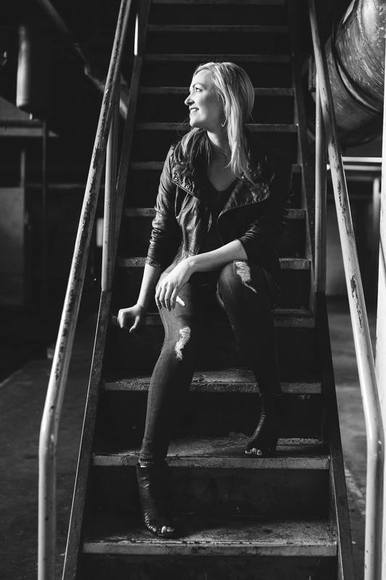 I’m going to describe a situation that almost every patient with hydrocephalus has experienced. So many of us have been in this position, and heard these words. Here’s the scenario: Things aren’t going well, your pain is elevated, sleep is interrupted, and life is on hold. After struggling for a while, you make an appointment with your neurosurgeon, hoping there is nothing wrong, but at the same time, you hope that there is an explanation —or better yet, a solution, for why you are so “off”. You go to the appointment. Maybe they do some imaging, maybe they don’t. Maybe they talk about your medical history, and try to find a similar pattern, or maybe they just say things look different than before. Maybe they acknowledge that you are struggling, but maybe they tell you that they think you’re actually doing ok. And in this moment, in this scenario…. they decide not to do anything. In this moment… It’s so hard to see things from the viewpoint of the provider, when you are the patient. As the patient, all you feel is the pain, the fatigue, and the anxiety. But from a clinical perspective, your neurosurgeon sees things differently. They see the whole picture, and they are weighing all the risks and rewards. And it can be frustrating, disheartening, and confusing. It might make you second guess your decision to go to the doctor, or tell anyone that you are hurting. It might even make you question whether you have the right neurosurgeon. We’ve all been there. So, this scenario happened to me this weekend. I’m about two months post-op from my last surgery, and only the people in my closest circle know truly how tough this summer was on me. Right now I am working hard to get my systems reset, and brain rested, and my nervous system settled down. We’ve adjusted my shunt setting several times since it was placed in June, but I just haven’t been able to hit that “happy spot” where my pain has evened out. It’s been exhausting, and disheartening at times. But on the other hand, I’m doing well. There are always things to be thankful for, and I always try to acknowledge the victories along with the frustrations. I returned to work only about 4-5 days after the last surgery, and have been able to consistently work ever since. I have pushed really hard to regain my physical strength. Even though my pain levels have been all over the board, I have also been able to maintain a certain level of normalcy - professionally and socially. And when I saw my neurosurgeon on Friday, he decided that we are just going to ride the waves for a little while - and see where we are at in a month. I came home from the appointment, and was truly discouraged. It felt like all the work that I’ve put into healing just wasn’t enough to make me feel as good as I want to feel. It feels like he’s telling me “this is as good as it gets.” And at the same time, there was a sense of relief - that we are to the point that I am stable enough to not have to do anything drastic. So many mixed emotions bubbled to the surface, and I sat on the floor and cried for a long time. Months and months of fighting every day builds up, until all at once the dam breaks and I have to emotionally reset. Why am I sharing this with you? Perhaps it’s because I want to be authentic about where I am right now. Maybe it’s because I have learned that it helps me to write about the things I go through, so later I can look back on this phase of healing, and see how far we’ve come. But most importantly, it’s because I know that if I have experienced these difficult days, and this painfully challenging appointment with my neurosurgeon, then chances are that there is someone else out there who is going through a very similar experience. And by sharing these difficult days, I am reaching out to those individuals - Please know you are not alone. We are not alone. Stay strong. Stay beautiful. Stay in the arena. - Amy |
AuthorMy name is Amy but friends and family call me Am. I am a lover of dogs, good whiskey, and strength training. I'm a brain surgery survivor (x31), a fiddle player, a construction designer, and a boxing enthusiast. I have six real siblings, and five fake brothers. I love deeply, and consider my close friends to be family. Archives
February 2022
Categories
All
|

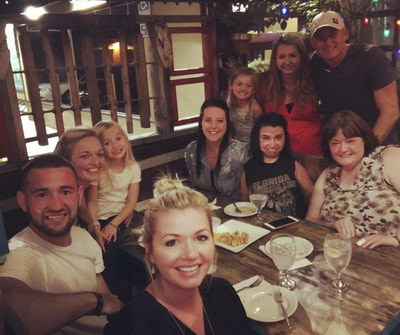
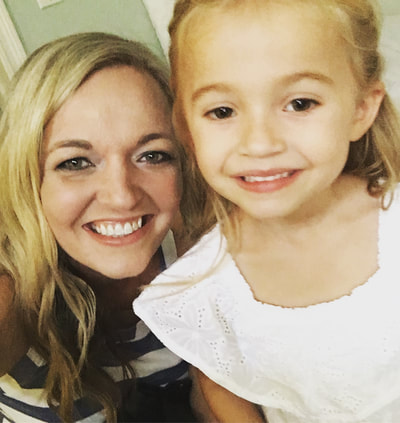

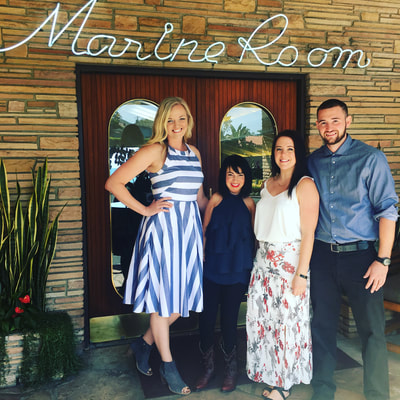
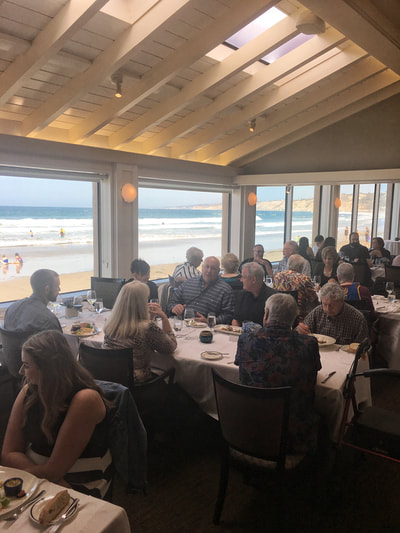
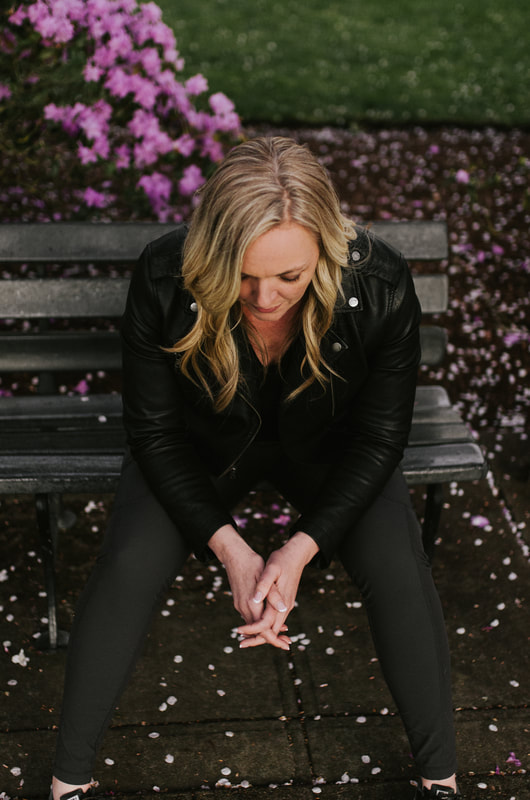
 RSS Feed
RSS Feed